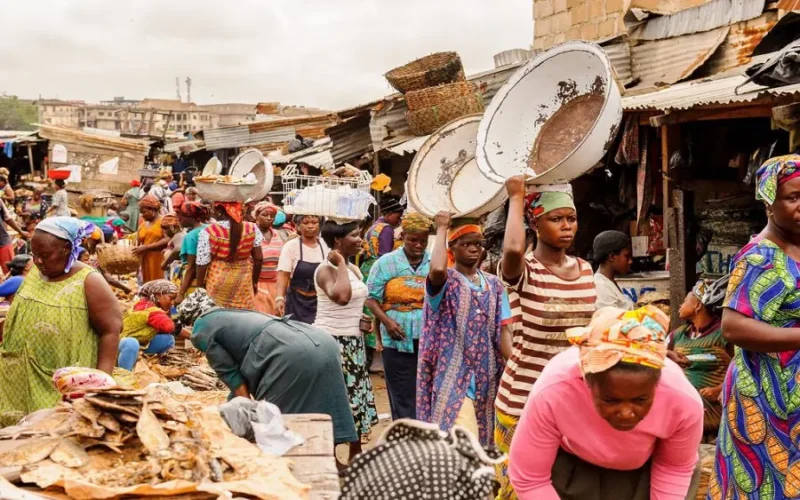ABUJA, Oct. 8 — The World Bank has urged Nigeria to ensure that recent macroeconomic reforms deliver tangible improvements in people’s lives, as new estimates put the number of Nigerians living in poverty at about 139 million.
Speaking at the launch of the latest Nigeria Development Update (NDU) in Abuja on Wednesday, the Bank’s Country Director for Nigeria, Mathew Verghis, praised the government’s “bold” decisions—particularly the removal of petrol subsidies and the unification of exchange rates—saying they have begun to stabilise the economy and strengthen prospects for long-term growth.
“Over the last two years, Nigeria has implemented major reforms around the exchange rate and petrol subsidy. These policies have laid the foundation for transforming the country’s economic trajectory for decades to come,” Verghis said.
He noted early signs of improvement, including stronger revenues, a steadier foreign-exchange market, rising reserves and a gradual easing of inflation. “Growth has picked up, revenues have risen, debt indicators are improving, the FX market is stabilising, reserves are rising, and inflation is finally beginning to come down. These are major achievements, and many countries would envy them,” he added.
But Verghis warned that the gains have yet to be felt by millions of households. “Despite these stabilisation gains, many Nigerians are still struggling. In 2025, we estimate that 139 million Nigerians live in poverty. The challenge is clear: how to translate reform gains into better living standards for all.”
The new NDU, titled “From Policy to People: Bringing the Reform Gains Home,” sets out a three-point agenda to sustain momentum: reduce inflation, improve the efficiency of public spending, and expand social safety nets.
Curbing food prices is especially urgent, Verghis said, both to protect the poor and to keep public support for reforms intact. “Food inflation affects everyone but hits the poor the hardest. It also threatens to undermine political support for reforms. Tight monetary policy is essential, but it must be complemented by structural measures that tackle supply and market bottlenecks.”








![[VIDEO] Why I have been working since I was 17 – Nancy Isime Reveals Why I have been working since I was 17 – Nancy Isime](https://reportafrique.com/wp-content/uploads/2024/09/7BCD511B-1A32-46F7-B971-25C984D4FC2C-260x195.jpeg)

Join our Channel...